About Community Outreach Counseling Meridian
Welcome to Community Outreach Counseling Meridian, where we offer a variety of services to help our clients heal and recover from addiction and mental health issues. We offer dual diagnosis treatment, young adult rehabilitation, adult programming, elderly rehabilitation, LGBTQ friendly rehab, men’s rehab, women’s rehab, outpatient rehab, cognitive behavioral therapy, dialectical behavior therapy, experiential therapy, family therapy, group therapy, individual therapy, and trauma therapy. We are here to help you on your journey to recovery and we tailor our services to meet your individual needs. Thank you for choosing us and we look forward to helping you heal and recover.
Addiction Treatment Programs
Dual Diagnosis
A dual diagnosis, when you have mental health and substance use concerns, can make recovery harder. Be sure to choose a rehab in Idaho that can address both issues. Dual diagnosis programs may offer detox, inpatient treatment, and/or outpatient care. The key is that they provide integrated treatment for both mental health symptoms and substance use.
Young Adult Rehab
Those who join a young adult rehab program in Idaho are given training in key life skills to help them transition to adulthood. Some of the common services will include counseling and classes on coping skills, emotional management, communication, and other key life skills. Young adult programs can provide inpatient or outpatient treatment.
Adult Program
If you’re an adult struggling with substance use, consider an adult program for rehab in Idaho. Some of the common services will include counseling and classes on coping skills, emotional management, communication, and other key life skills. Adult programs can provide inpatient or outpatient treatment.
Senior Rehab
A senior rehab in Idaho focuses on the physical and mental challenges older individuals face, helping them overcome obstacles to their long-term recovery. Some of the common services will include counseling and classes on coping skills, emotional management, pain management, and other key life skills. Senior programs can provide inpatient or outpatient treatment.
LGBTQ Friendly Rehab
An LGBTQ+ friendly rehab in Idaho provides an inclusive, safe space to work on your long-term recovery. In addition to typical detox, inpatient treatment, and outpatient care, an LGBTQ+ friendly program may also provide classes about building healthy relationships, overcoming rejection, managing trauma triggers, and more.
Men's Rehab
Men’s rehab programs in Idaho can help men make healthier life choices and avoid common mistakes. Some of the common services they include are counseling and classes on coping skills, emotional management, communication, and other key life skills. Men’s programs can provide inpatient or outpatient treatment.
Women's Rehab
Women’s rehab programs in Idaho address the unique needs of women in a safe, gender-specific environment. Some common services include counseling and classes on coping skills, emotional management, communication, parenting, and other key life skills. Women’s programs can provide inpatient or outpatient treatment.
Insurance Coverage
Medicaid
When you’re planning to use Medicaid to pay for rehab in Idaho, there are a few details to keep in mind. Medicaid often covers the full cost of rehab if you choose a center that accepts it. You can look for multiple types of care, including detox, inpatient, and outpatient.
Private insurance
One option for paying for substance use treatment in Idaho is to use private insurance. Your insurance plan can pay for some or all of the costs of rehab, especially if you choose a center that’s in the plan’s network. Be sure to check with the insurer to get full details.
Self-pay options
Rehabs in Idaho accept multiple payment options, including self-pay. When you pay out of your own pocket, you can electronically send money to the center, use a medical loan, or even write a check. The payment arrangement may vary depending on the level of care.
Financial aid
If you’re struggling with the cost of rehab in Idaho, using financial aid programs can allow you to get the care you need. You may be able to find aid through community groups in your area, and individual treatment centers may offer grants and scholarships as well.
Financing available
If a treatment program has financing options available, you can use them to help pay for substance use treatment in Idaho. Financing allows you to spread out the cost of treament over time or may help you get a lower fee. Options include payment plans, scholarships, grants, and medical loans.
Sliding scale payment assistance
In Idaho, finding a rehab with a sliding scale payment plan can allow you to get the care you need. You may need to provide financial documentation for your income and family size, but the lower fees will make it much easier to get the care you need.
Medicare
If you have Medicare, you can use it to help pay for substance use treatment in Idaho. You’ll want to find a treatment center that accepts your Medicare plan and find out details about coverage and out-of-pocket costs.
Military insurance
In Idaho, using military insurance to pay for rehab can allow you to get the care you need. You’ll want to find a treatment center that’s in-network with your coverage and contact the insurer to find out details about coverage and out-of-pocket costs.
Levels of Care
- 1
Outpatient Rehab
There are multiple options for addiction treatment in Idaho. Outpatient treatment allows you to live at home or in sober living while attending several hours of treatment per week. Outpatient treatment is commonly a follow-up to residential treatment and may be used to help with skill-building, education, and to practice your new habits in daily life.
Therapies
Cognitive Behavior Therapy
Cognitive behavioral therapy (CBT) in Idaho helps you address the thinking patterns that are holding you back from a better life. CBT is a common part of both inpatient and outpatient substance use treatment and may be used to help with skill-building, overcoming problematic behavior, and managing substance use triggers.
Dialectical Behavior Therapy
Dialectical behavioral therapy (DBT) in Idaho gives you the confidence to overcome challenges that are holding you back from a better life. DBT is a common part of both inpatient and outpatient substance use treatment and may be used to help with skill-building, overcoming problematic behavior, and managing substance use triggers.
Experiential Therapy
Sometimes trauma and emotions are buried deeply, and experiential therapy in Idaho is a non-traditional therapy that can allow you to work through them. Experiential therapy involves a variety of activities that can make it easier to process trauma and emotions and allow you to break through some of the root issues that hold you back from recovery.
Family Therapy
Your family can be an important part of your support network, but you may have to work through conflict and broken relationships first. Family therapy in Idaho gives you that opportunity. Family therapy sessions generally last 60 to 90 minutes and may include discussing marital issues, codependency, grief, domestic violence, trauma, and other topics that impact families. The goal is to create healthier relationships that can support recovery.
Group Therapy
You’re not alone as you work through addiction in Idaho. Group therapy will help you connect with others in similar positions so you can support and encourage each other. Group therapy is a common part of both inpatient and outpatient substance use treatment, and may be used to help with skill-building, processing, and presenting educational information.
Individual Therapy
Talking about what you’ve experienced is an important way to heal, and individual therapy in Idaho gives you that opportunity. Individual focuses on improving both behavioral and emotional health. You may explore thought processes, develop motivation to change, and/or explore past events that may have played a part in your substance use.
Trauma Therapy
Trauma-informed therapy in Idaho is led by a professional who facilitates clients’ sharing of their experiences and emotions. When you receive trauma-informed therapy, it may include peer support, grief counseling, medications to support mental health, and developing healthier responses to emotional triggers.
Location
Contact Community Outreach Counseling Meridian
Top Drug Rehab Centers in Idaho
-
 Idaho
IdahoHarmony House Meridian
4615 South Locust Grove Road Meridian, Idaho 83642
-
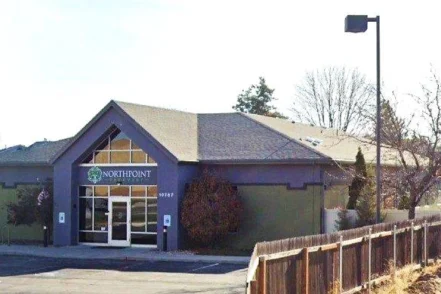 Idaho
IdahoNorthpoint Recovery
10787 West Ustick Road Boise, Idaho 83713
-
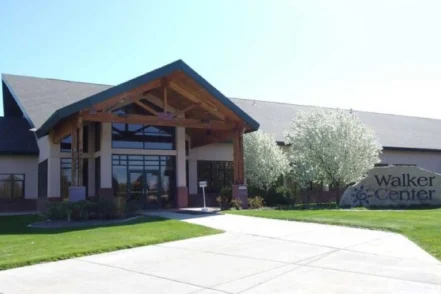 Idaho
IdahoWalker Center Gooding Inpatient Drug and Alcohol Treatment
605 11th Avenue East Gooding, Idaho 83330
-
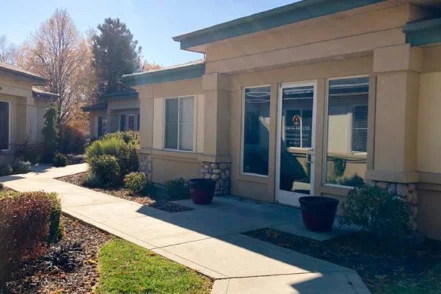 Idaho
IdahoBrick House Recovery Boise Treatment Center
3663 N. Lakeharbor Ln Boise, Idaho 83703
-
 Idaho
IdahoKootenai Health 2003 Kootenai Health Way
2003 Kootenai Health Way Coeur d'Alene, Idaho 83814
-
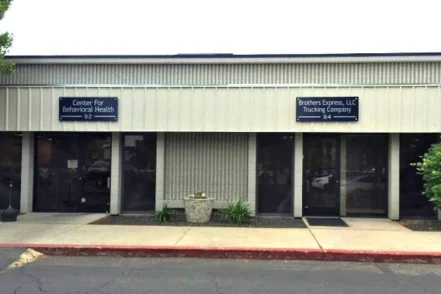 Idaho
IdahoCenter for Behavioral Health Boise
92 South Cole Road Boise, Idaho 83709
-
 Idaho
IdahoAscent Behavioral Health Meridian
366 Sw 5Th Avenue, Suite 100 Meridian, Idaho 83642
-
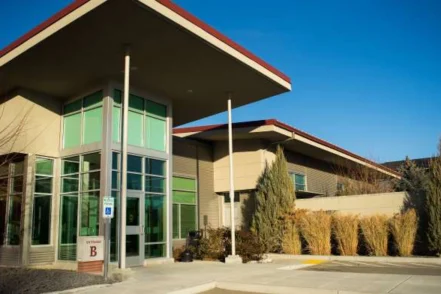 Idaho
IdahoTerry Reilly Allumbaugh House
400 North Allumbaugh Street Boise, Idaho 83704
-
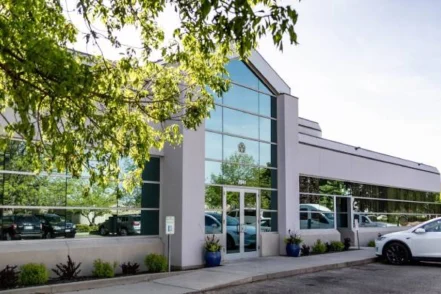 Idaho
IdahoAshwood Recovery at Northpoint Boise
7941 West Rifleman Street Boise, Idaho 83704
-
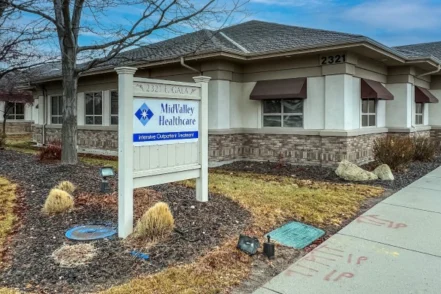 Idaho
IdahoMidValley Healthcare
2321 E. Gala St, Suite 3 Meridian, Idaho 83642